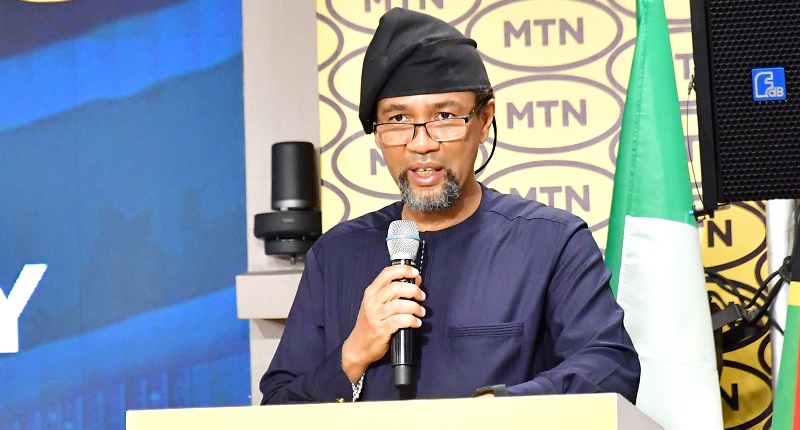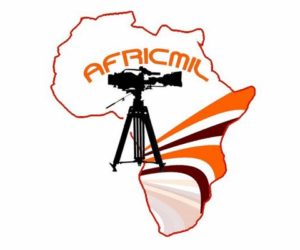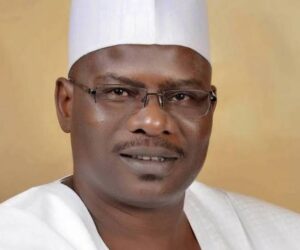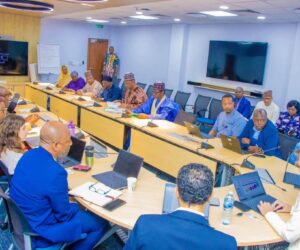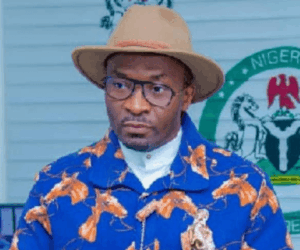Karl Toriola, the CEO of MTN Nigeria, has declared that MTN is on a mission to build trusted rules for digital identity and payments that will streamline transactions and care for citizens between Nigeria and South Africa.
The CEO said this during the Nigeria-South Africa Economic Diplomacy Roundtable held in Lagos. According to Toriola, the trusted rules would enable Small and Medium-sized Enterprises to sell, creators to create and earn, and fund these transactional markets seamlessly.
“We gather here for a simple purpose: to turn intent into execution. South Africa and Nigeria carry a unity, which is often said in diplomatic concerns. And I think South Africa and Nigeria are aligned in their leadership and their intent. We aim to build trusted rules in terms of digital identity and payments that care for us between our countries and across the continent. These rules would let SMEs sell, creators create and earn, and fund these transactional markets,” Toriola said.
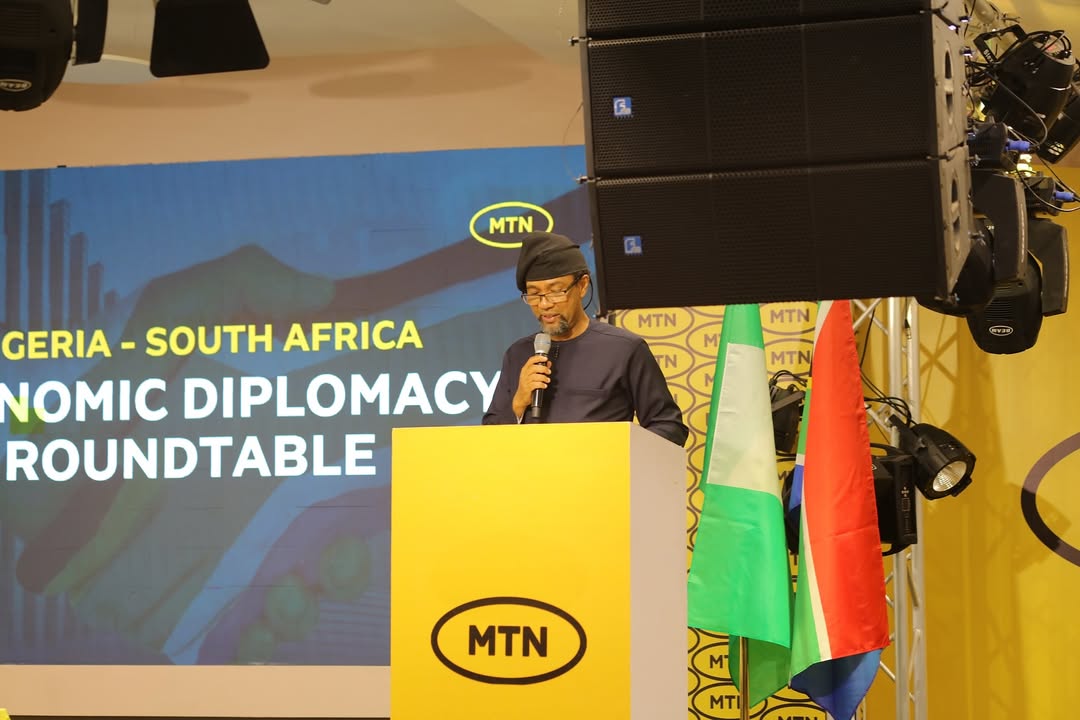
He urged leaders to move past policy discussions and into practical, on-the-ground implementation.
“We in Nigeria will play our part in developing networks, developing platforms, and partnerships. We aim to make an African free trade agreement to work on the ground, not on paper, but in court, on platforms, and in software. And our policymakers and our political leaders will direct us on how we can make this a reality. Because when rules match, trade moves,” Toriola said.
Beyond facilitating trade, Toriola highlighted that regulatory predictability is fundamental to attracting and keeping investment. He noted that investors often prize a stable operating environment over immediate market quality.
“Investors stay in the market regardless of what the market quality is. Once the signals and regulations are clear, time-bound, and there’s transparency of taxes, foreign exchange, and repatriation rules that are known well in advance, investors would like it. Predictability is not a trigger for business; It’s a core strategy to create jobs and to generate revenue,” Toriola said.
Read also: GSMA, MTN and others target affordable 4G access with ₦44,000 smartphones
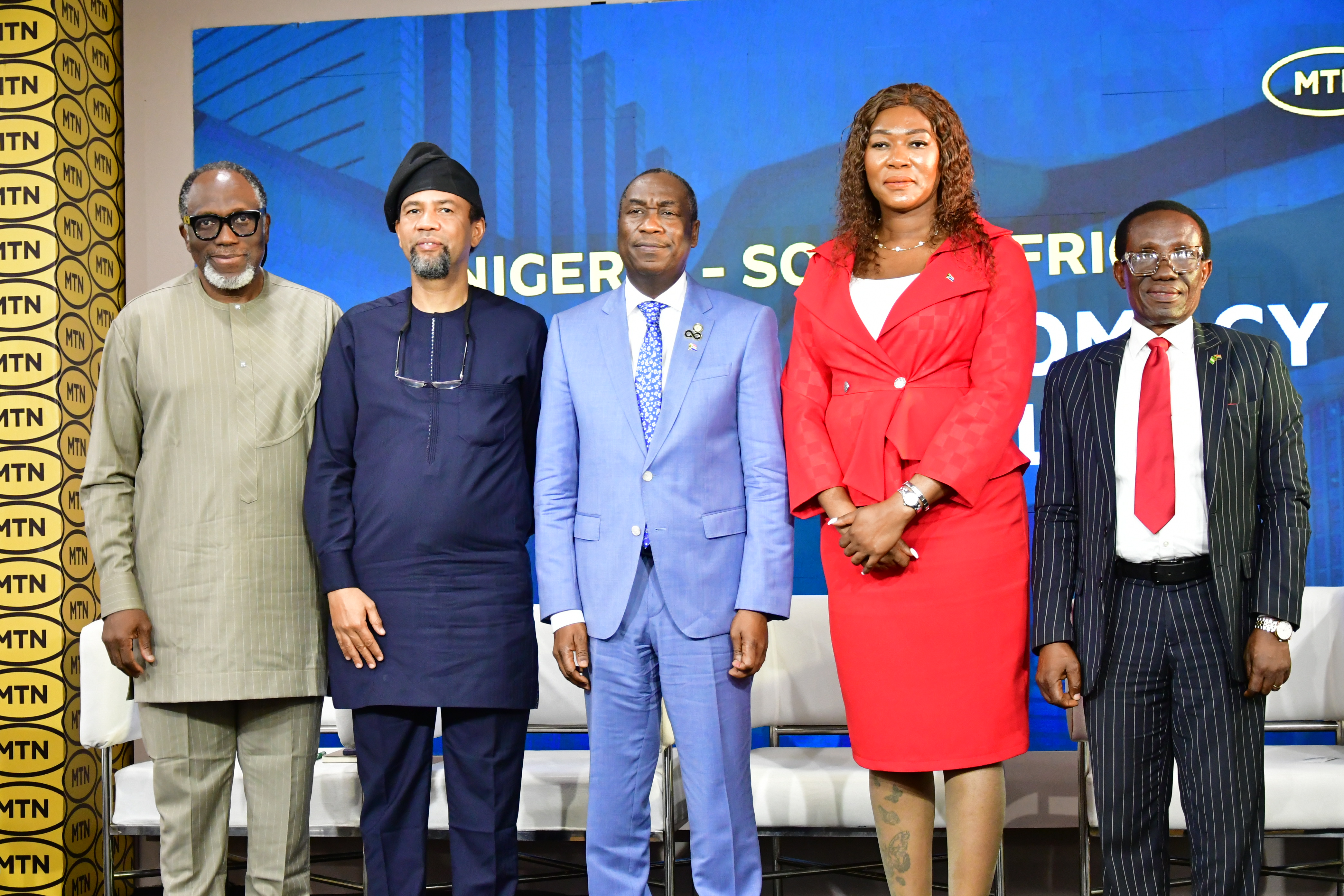

MTN brings a model for African collaboration
The event, themed “Africa’s Twin Engines: How Nigeria–South Africa Relations Can Position Africa as a Global Middle Power,” was convened under the auspices of South Africa’s Department of International Relations and Cooperation (DIRCO).
Supported by the Lagos State Government, the roundtable served as a platform to push forward regional trade and integration goals under the African Continental Free Trade Area (AfCFTA).
The event featured a panel session with Dr Kadri Obafemi Hamzat, the Deputy Minister, Thandi Moraka, DIRCO South Africa, Karl Toriola, CEO MTN, Dr Babatunde Ayeye, Founder and Executive Chairman, IFS Group.
It also highlighted the launch of the Nigeria–South Africa standards and e-certification pilot under AfCFTA, establishing a cross-border SME payments corridor leveraging digital payment rails, and introducing a talent mobility framework to enable the mutual recognition of scarce digital skills.
Read also: South Africa’s Telkom ordered to roll out free Wi-Fi across rural areas within 6 months
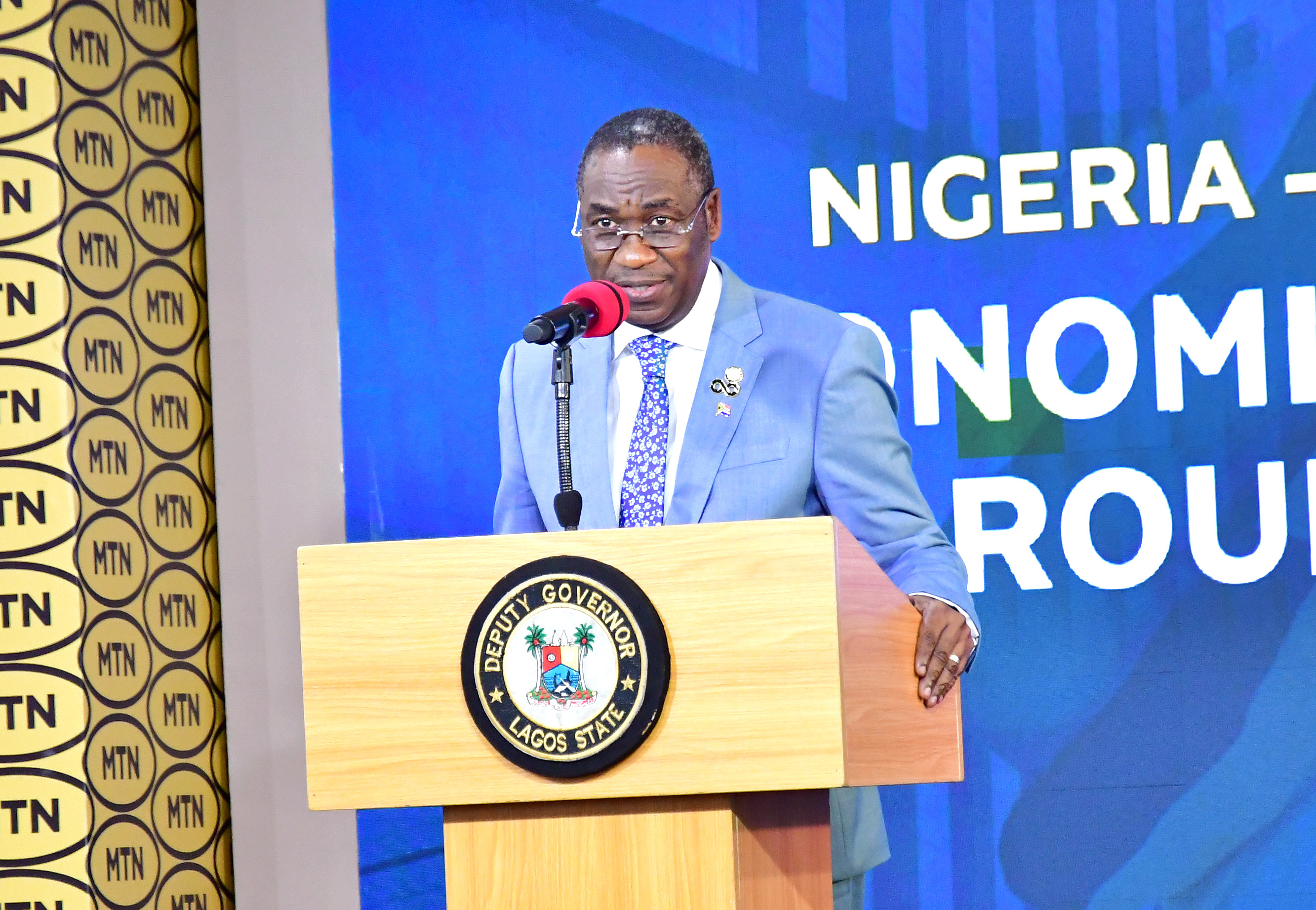

Representing Governor Babajide Sanwo-Olu, the Deputy Governor of Lagos State, Dr Kadri Obafemi Hamzat, described Lagos as a natural gateway for African innovation and investment.
“Lagos can be seen as African creative capital where imagination and enterprise must overlap. Our creative economy serves not only as a source of national pride but also as a significant driver of inclusive economic growth and youth empowerment. We see immense potential in this area and are making an intentional investment in creating hubs, themed villages, and innovation districts that offer access to state-of-the-art commercial facilities, data tools, and training opportunities,” he said.
Kadiri added that these investments ensure that global creatives have the environment, structure, and support they need to turn their talents into sustainable careers and globally recognized brands.
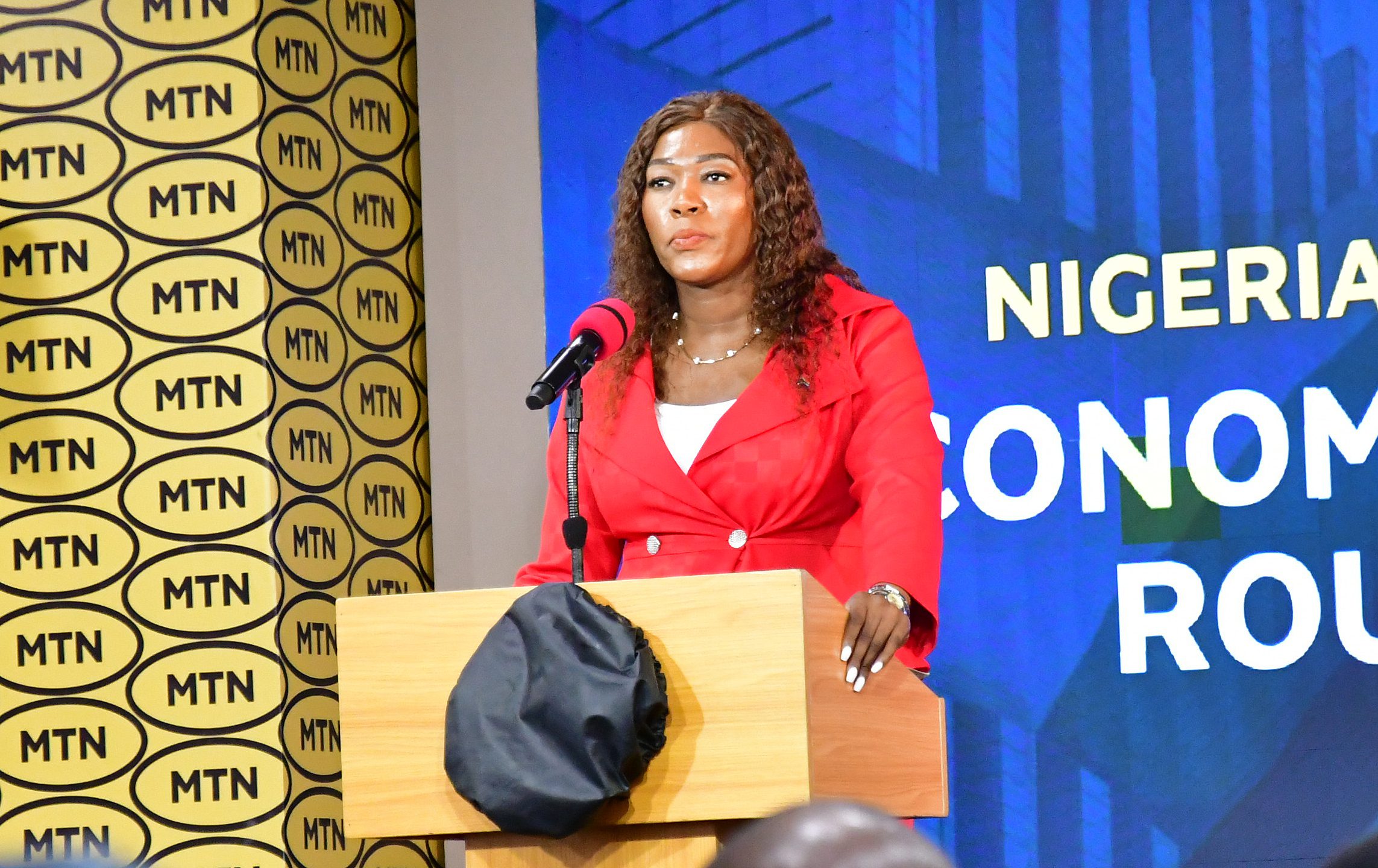

Thandi Moraka, Deputy Minister of International Relations and Cooperation of South Africa, reaffirmed the importance of practical collaboration between the two nations.
“Nigeria and South Africa share not just a history of solidarity but a future of shared responsibility. As Africa’s twin engines of growth, our task is to move beyond rhetoric and drive practical collaboration and policies that align, systems that connect, and opportunities that empower our people. The AfCFTA gives us the platform; our partnership must give it life,” she said.
She highlighted the importance of strengthening Africa’s position as a global middle power through coordinated trade, digital, and cultural partnerships.
“Africa’s growth story will be written through collaboration and connectivity. South Africa’s infrastructure and Nigeria’s innovation can drive a unified digital ecosystem under the AfCFTA Digital Trade Protocol. Together, we can build the Africa we want – one that is inclusive, prosperous, and globally competitive,” she added.
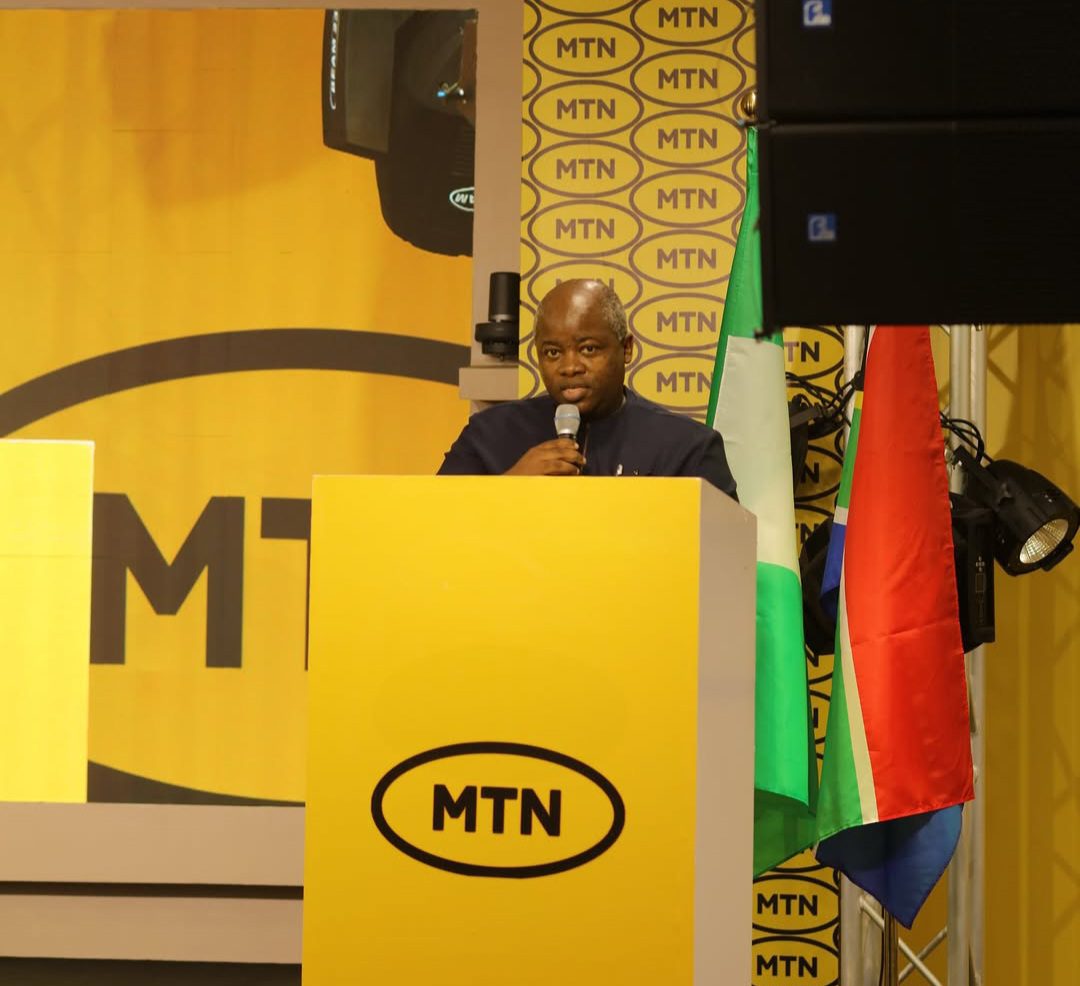

Amb. Nyameko Goso, Chief Director for West Africa from the Department of International Regulation and Cooperation (South Africa), also shared some insights on bolstering international relations.
“Today, I represent both our High Commission and our free consulate here in Nigeria. It is a true honor to witness the continuation of the collaboration that we have at MTN in enhancing the operationalization of the trade relations between Nigeria and South Africa. Our collaboration as the South African missions here in Nigeria enables the work that is being done by both countries through our binational commission, BNC, between these two countries,” he said.
Goso added that South Africa will continue to work with MTN and the business chambers to create platforms for the enhancement of a conducive business environment between our two nations.
“The South African consulate in particular is very central here in Nigeria to create a very conducive business environment and create the platforms for our businesses, both Nigerian and South African businesses, to partner. The partnership between Nigeria and the collaboration between MTN and the South African missions is an example of a model that I believe should be continued and also be taken on board by many other businesses here in Lagos and in Nigeria in general,” he said.
At the end of the event, the Nigeria–South Africa Ministerial Business Roundtable reinforced MTN’s commitment to fostering partnerships that drive trade facilitation, innovation, and sustainable development across Africa.
Read also: MTN Nigeria plans major network maintenance in Adamawa, Borno and Kano on October 25

